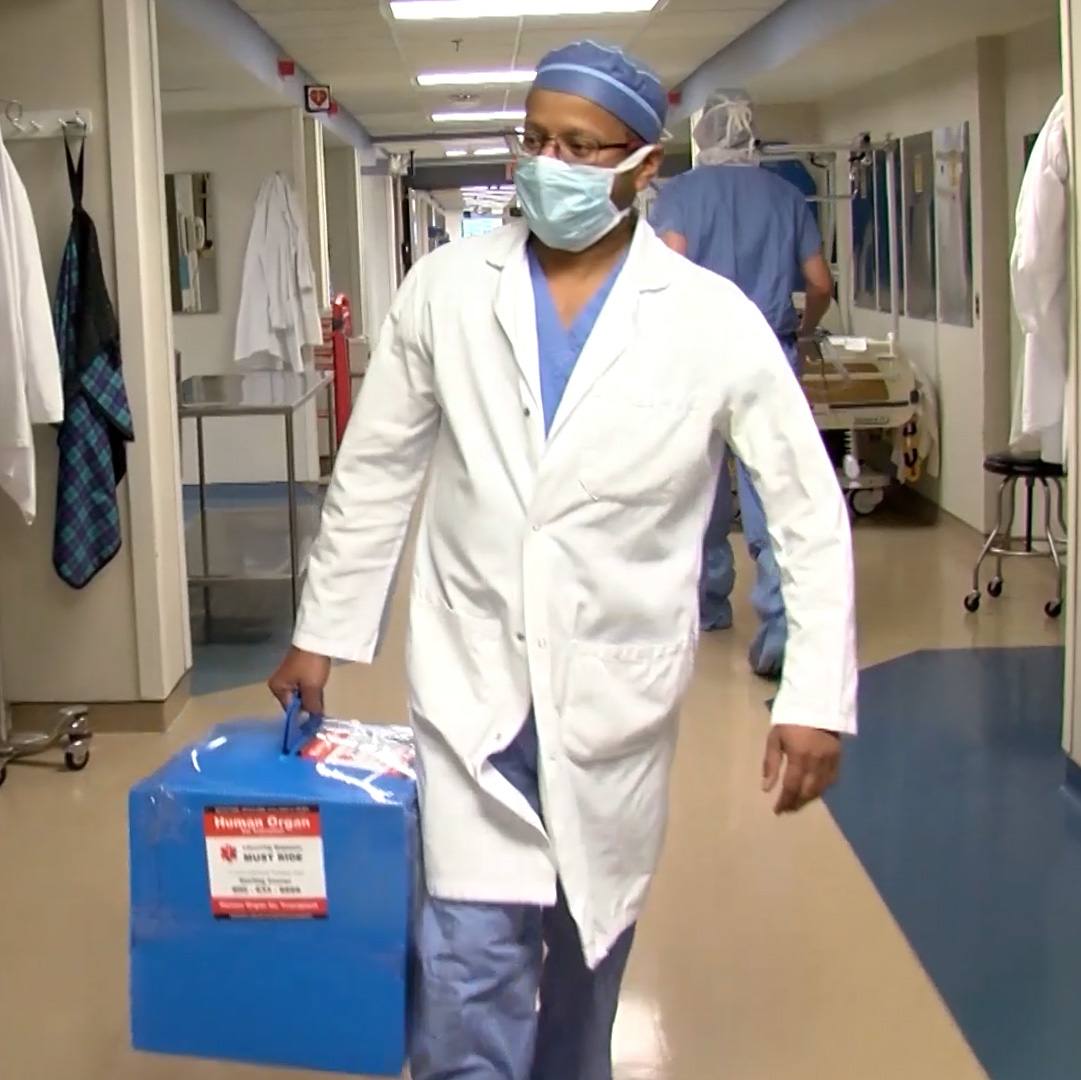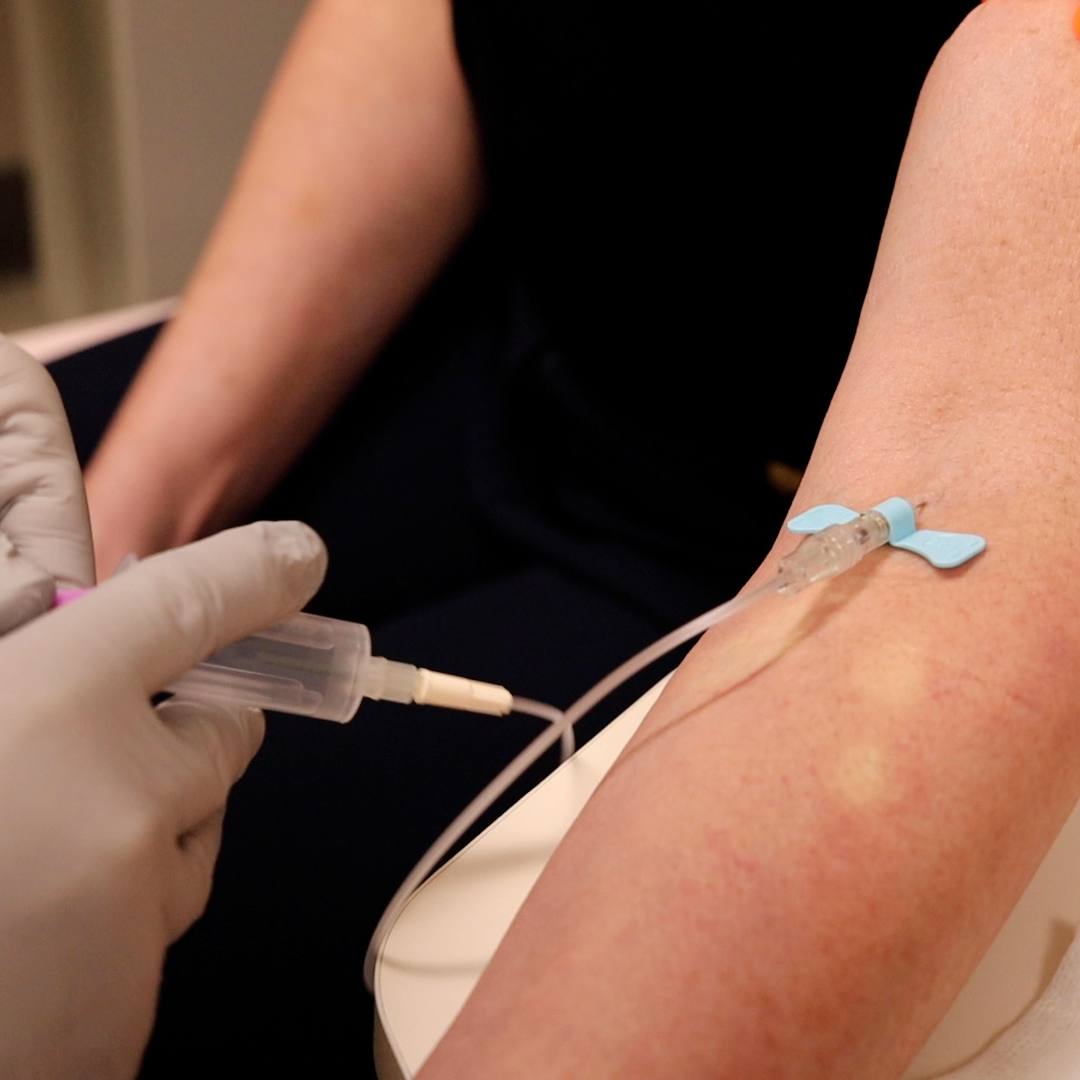
People with lactose intolerance are unable to fully digest the sugar (lactose) in milk. As a result, they have diarrhea, gas and bloating after eating or drinking dairy products. The condition, which is also called lactose malabsorption, is usually harmless, but its symptoms can be uncomfortable.
A deficiency of lactase — an enzyme produced in your small intestine — is usually responsible for lactose intolerance. Many people have low levels of lactase but are able to digest milk products without problems. If you're actually lactose intolerant, though, your lactase deficiency leads to symptoms after you eat dairy foods.
Most people with lactose intolerance can manage the condition without having to give up all dairy foods.
Symptoms
The signs and symptoms of lactose intolerance usually begin 30 minutes to two hours after eating or drinking foods that contain lactose. Common signs and symptoms include:
- Diarrhea
- Nausea, and sometimes, vomiting
- Abdominal cramps
- Bloating
- Gas
Limit dairy products
Most people with lactose intolerance can enjoy some milk products without symptoms. It may be possible to increase your tolerance to dairy products by gradually introducing them into your diet. Some people find that they can tolerate full-fat dairy products, such as whole milk and cheese, more easily than dairy products with no or reduced fat.
Ways to change your diet to minimize symptoms of lactose intolerance include:
- Choosing smaller servings of dairy. Sip small servings of milk — up to 4 ounces (118 milliliters) at a time. The smaller the serving, the less likely it is to cause gastrointestinal problems.
- Saving milk for mealtimes. Drink milk with other foods. This slows the digestive process and may lessen symptoms of lactose intolerance.
- Experimenting with an assortment of dairy products. Not all dairy products have the same amount of lactose. For example, hard cheeses, such as Swiss or cheddar, have small amounts of lactose and generally cause no symptoms. You may be able to tolerate cultured milk products, such as yogurt, because the bacteria used in the culturing process naturally produce the enzyme that breaks down lactose.
- Buying lactose-reduced or lactose-free products. You can find these products at most supermarkets in the refrigerated dairy section.
- Using lactase enzyme tablets or drops. Over-the-counter tablets or drops containing the lactase enzyme (Dairy Ease, Lactaid, others) may help you digest dairy products. You can take tablets just before a meal or snack. Or the drops can be added to a carton of milk. Not everyone with lactose intolerance is helped by these products.
Maintain good nutrition
Reducing the dairy products doesn't mean you can't get enough calcium. Calcium is found in many other foods, such as:
- Broccoli
- Calcium-fortified products, such as breads and juices
- Canned salmon
- Milk substitutes, such as soy milk and rice milk
- Oranges
- Pinto beans
- Rhubarb
- Spinach
Also make sure you get enough vitamin D, which is typically supplied in fortified milk. Eggs, liver and yogurt also contain vitamin D, and your body makes vitamin D when you spend time in the sun. Even without restricting dairy foods, though, many adults don't get enough vitamin D. Talk to your doctor about taking vitamin D and calcium supplements to be sure.
When to see a doctor
Make an appointment with your doctor if you frequently have symptoms of lactose intolerance after eating dairy foods, particularly if you're worried about getting enough calcium.
Related Articles







